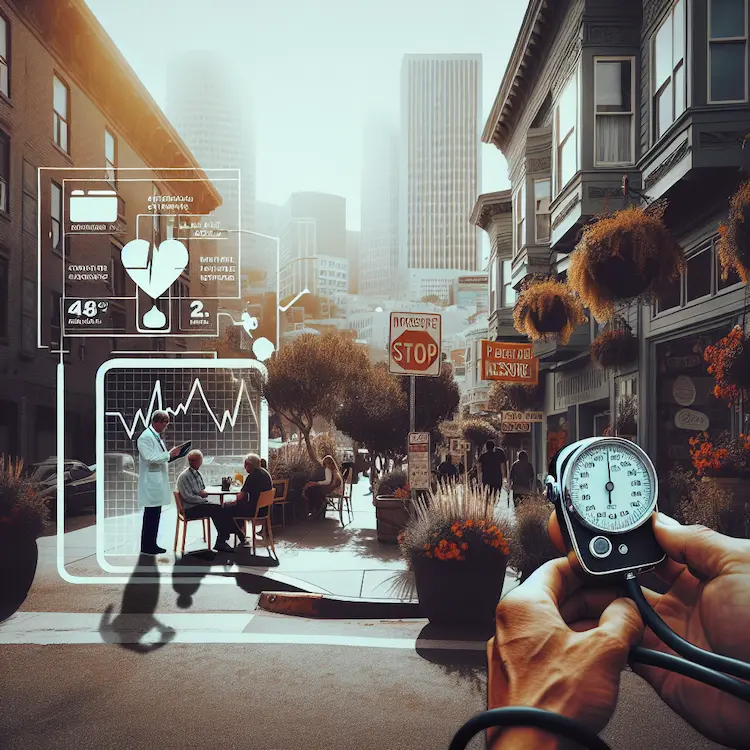High blood pressure, or hypertension, is a common health concern that affects millions of people worldwide. It’s often called the “silent killer” because it typically has no noticeable symptoms but can lead to serious health complications if left untreated. Effective communication with your healthcare provider is crucial for managing your blood pressure and overall health. This article will guide you through the process of discussing blood pressure concerns with your doctor, ensuring you receive the best possible care.
Before diving into how to talk to your doctor, it’s essential to understand what blood pressure is and what the numbers mean.
Blood pressure is measured in millimeters of mercury (mm Hg) and is recorded as two numbers:

Here’s a breakdown of blood pressure categories:
| Category | Systolic (mm Hg) | Diastolic (mm Hg) |
|---|---|---|
| Normal | <120 | <80 |
| Elevated | 120-129 | <80 |
| Stage 1 Hypertension | 130-139 | 80-89 |
| Stage 2 Hypertension | ≥140 | ≥90 |
| Hypertensive Crisis | >180 | >120 |
Understanding these categories will help you have a more informed discussion with your doctor.
To make the most of your doctor’s visit, it’s important to be prepared. Here are some steps to take before your appointment:
When you meet with your doctor, follow these guidelines for effective communication:

Honesty is crucial when discussing your health. Share all relevant information, including:
Remember, your doctor is there to help you, not judge you.
Don’t hesitate to ask questions. Some important ones include:
If your blood pressure is high, your doctor may recommend lifestyle changes, medication, or a combination of both. Be sure to understand:
If you’re hesitant about taking medication, express your concerns to your doctor. They can explain the benefits and risks, and possibly suggest alternatives.
Before leaving your appointment, make sure you understand:
Your doctor may recommend several lifestyle changes to help manage your blood pressure. These may include:
While regular check-ups are important, there are situations where you should seek immediate medical care. Call 911 or your local emergency number if:
Effective communication with your doctor is key to managing your blood pressure and overall health. By preparing for your appointment, being open and honest during your visit, and following through with your treatment plan, you can take control of your blood pressure and reduce your risk of serious health complications.
Remember, high blood pressure is manageable with the right approach. Don’t hesitate to reach out to your healthcare provider with any concerns or questions about your blood pressure or treatment plan.